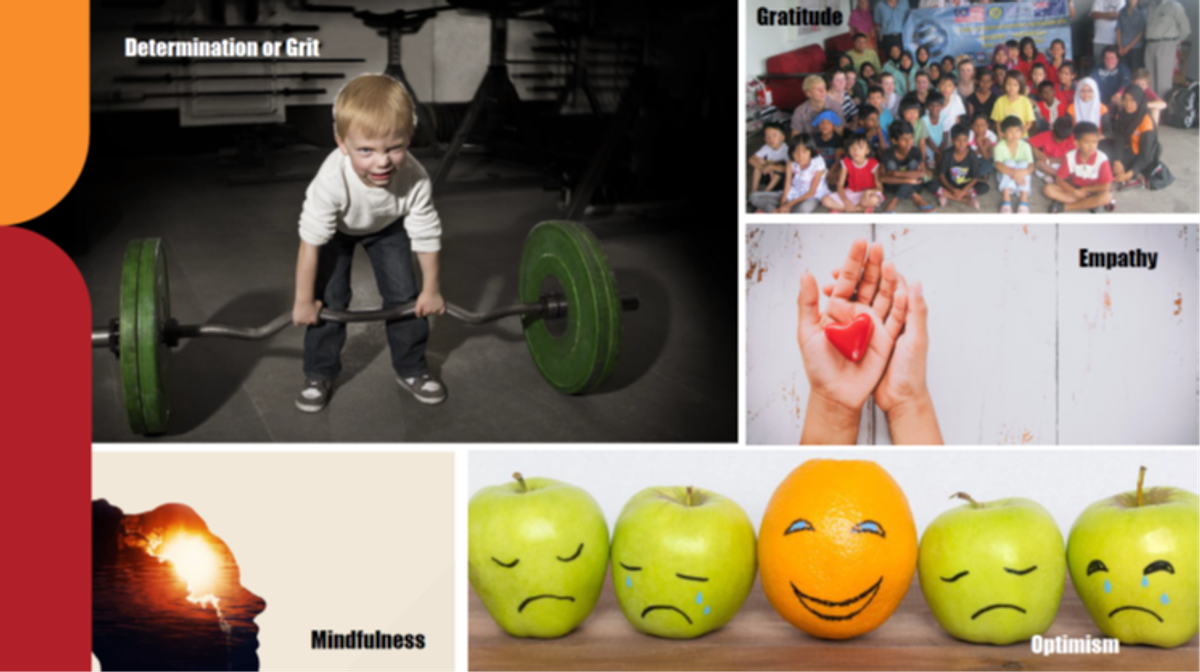Real Schools
Restorative Practices at BNPS

Real Schools
Restorative Practices at BNPS
Shelia Bollard, Real Schools.
August 2024


In our last newsletter, we discussed the importance of grit. This fortnight, we focus on another powerful tool for raising resilient children: gratitude.
Gratitude is a skill that can be taught and should be practised. It’s not just about saying "thank you" but about developing a positive outlook. Encouraging and supporting children to practice gratitude can increase their happiness, make them more empathetic, and help them appreciate what they have.
By regularly acknowledging what we’re grateful for, we train our brains to find positivity, even in difficult situations. This helps us recover more quickly from stressful events and face life’s challenges more optimistically.
Gratitude also helps children develop perspective, which can balance out negative thoughts. Research in neuroscience and psychology highlights how gratitude benefits the brain. Studies show it can:
- Boost feel-good chemicals
- Help regulate stress
- Train the brain to focus on positivity
- Strengthen the areas of the brain linked to social bonding
- Improve self-esteem
It is essential to move beyond material things. Encourage your child to notice the good parts of life that money can’t buy, such as time spent with family, a moment someone else made them smile, or simply enjoying a beautiful, sunny day. Teaching children to appreciate these moments builds a deeper sense of fulfilment and happiness.
By fostering gratitude, we equip our children with an essential tool for lifelong happiness and resilience. Let’s encourage them to practice gratitude every day!